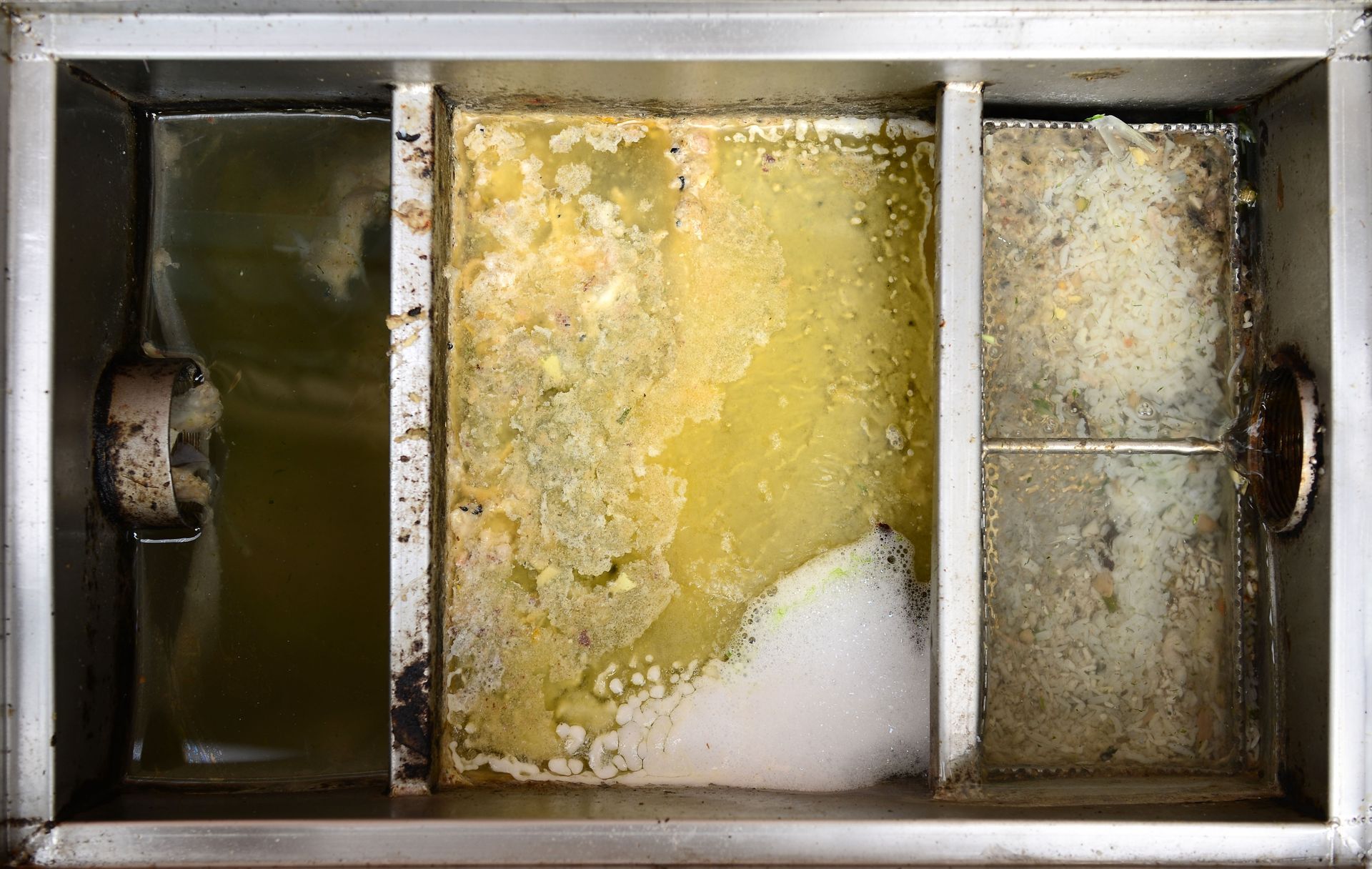We Pay Top Dollar for Your Used Cooking Oil
What Is Grease Recycling?
Grease recycling is an industry that transforms waste grease into valuable products, helping mitigate environmental problems and contributing to sustainable practices. In a world increasingly concerned with the environmental impact of waste, grease recycling plays a crucial role in reducing landfill use, preventing plumbing issues, and supporting biodiversity. This recycling process is not only beneficial for the environment but is also economically significant, providing opportunities for businesses and individuals to engage in more sustainable practices.
The Grease Recycling Process
The process of grease recycling typically involves collecting waste grease from sources like restaurants and food-processing plants. Once collected, the grease undergoes a purification process, removing impurities and contaminants. The purified grease can then be converted into useful products such as biodiesel, a renewable energy source that reduces reliance on fossil fuels, or animal feed, thereby finding a new life as a valuable commodity.
Environmental and Regulatory Considerations
One of the driving forces behind the growth of the local grease recycling industry is the rising awareness of the negative impacts of improper grease disposal. When grease is incorrectly disposed of, it can lead to significant plumbing issues and water pollution. These challenges have prompted regulatory changes that encourage proper grease management and recycling practices. According to IBISWorld, the grease recycling industry revenue has grown at a CAGR of 3.2% over the past five years, reaching an estimated $1.6 billion in 2023. This growth reflects the increasing recognition of the significance of grease recycling in both environmental and economic terms.
Financial Benefits for Businesses
In addition to supporting sustainability, grease recycling also offers financial incentives for businesses. Companies that engage in grease recycling can benefit from reduced disposal costs and potential revenue from selling recycled grease products. Moreover, businesses can enhance their corporate social responsibility credentials by actively participating in sustainable waste management practices. This not only helps the environment but also improves their public image and can attract environmentally conscious customers and partners.
In conclusion,
local grease recycling is a vital practice in the quest for sustainability and environmental responsibility. By converting waste grease into valuable products, this industry helps mitigate pollution, supports alternative fuel sources, and promotes sustainable business practices. As the industry continues to grow, it offers promising opportunities for innovation and economic development, ensuring that waste is transformed into wealth and environmental impact is reduced significantly. Call us at Grease Recyclers LLC today!
serving Area
Houston, TX
and surrounding areas
Business Hours
- Mon - Fri
- -
- Saturday
- -
- Sunday
- Closed
serving Area
Houston, TX
and surrounding areas
Business Hours
- Mon - Fri
- -
- Saturday
- -
- Sunday
- Closed


Share On: